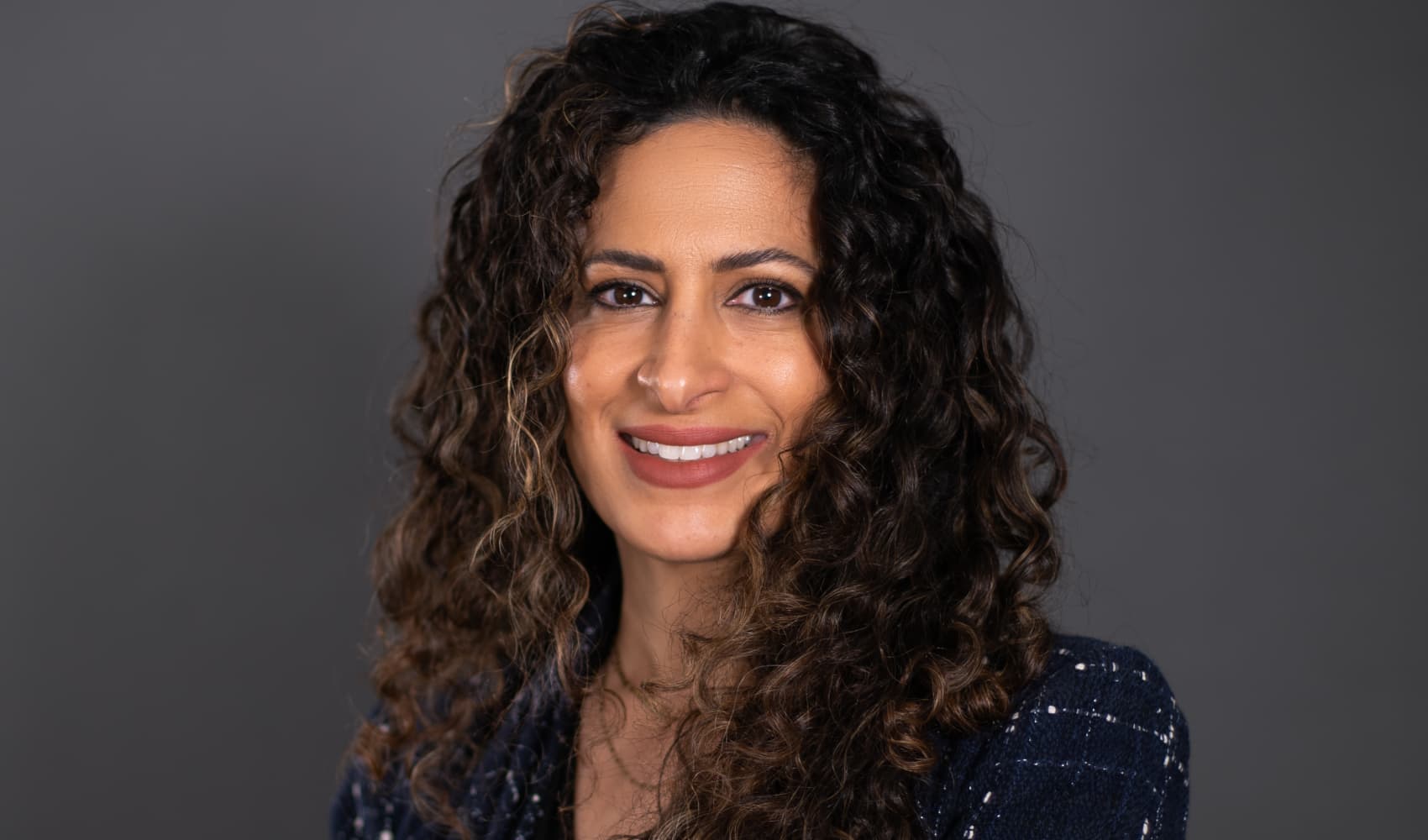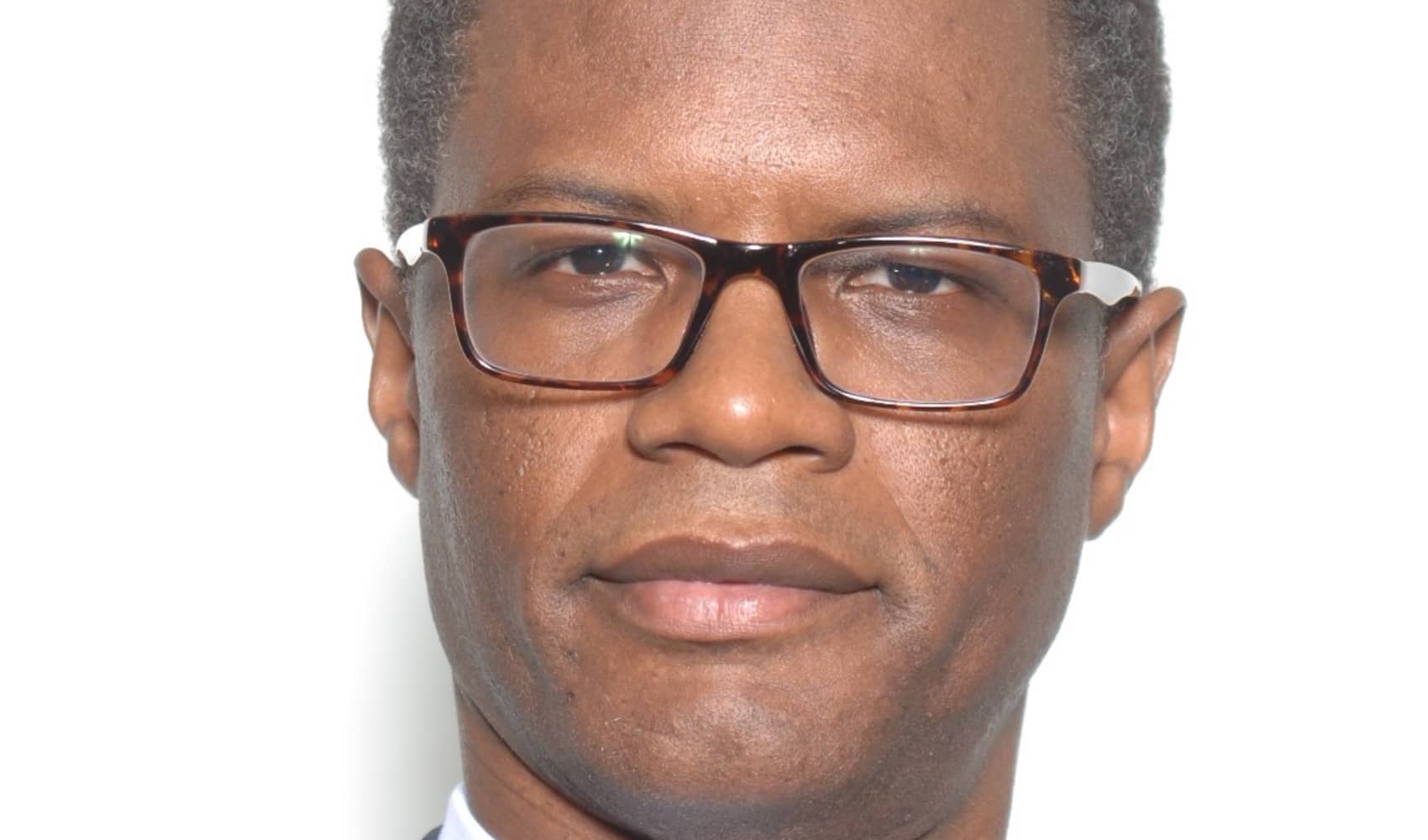
New York City businesses are pushing back on a law that would require them to publish salary ranges on job ads, intended to close the racial and gender wage gaps, with some citing concerns that it will hinder their diversity efforts in hiring.
The legislation was approved by New York City Council in December 2021, became a law when Mayor Eric Adams declined to veto it by January 2022 and is set to go into effect May 15.
In a letter to New York City Council, the five borough chambers of commerce and the Partnership for New York City wrote that corporate employers seeking to diversify their executive teams may offer higher compensation for "BIPOC job candidates," or Black, Indigenous and people of color. But in today's tough labor market and "in the context of achieving diversity goals, the posted maximum may be significantly higher than the historical salary ranges, creating dissatisfaction in the workforce and demands to adjust existing pay scales that the employer may be unable to afford."
While business groups say the salary law could hurt their efforts to diversify senior leadership and work toward pay parity, data shows that historical pay practices have led to a widening wage gap across race and gender.
Get San Diego local news, weather forecasts, sports and lifestyle stories to your inbox. Sign up for NBC San Diego newsletters.
Workers of color at a 'tremendous premium' in tight market
Kathryn Wylde, president and CEO of the Partnership for New York City, tells CNBC Make It that at many companies, workers of color and women at the executive level are at a "tremendous premium."
For example, "if a financial institution has a job that's available where they're looking for a diverse candidate, they'll offer a different salary maximum than they otherwise would" to compete for what hiring managers consider scarce talent.
Money Report
If the business puts out a salary maximum too low, Wylde says, they could get outbid by a competitor.
Indeed, the city's top business leaders are overwhelmingly white men. According to New York state labor data as of 2018, the share of people who work as "top executives" is 70% male and 30% female. By race, top executives are 77% white, 8% Hispanic or Latino, 7% Asian, 6% Black, 2% who identify as "other race" and 0.3% American Indian.
Altogether, these top executives comprise just 1% of New York state's workforce.
New York's pay gap has gotten worse in recent years
The hiring diversity concerns are "insincere at best," says Seher Khawaja, senior attorney for economic empowerment at Legal Momentum, an advocacy group. "It's bold that that the business community has tried to make arguments that pay secrecy allows them to pay Black women more, for example, and that advancing pay transparency would undermine that goal."
In New York, the average woman makes 86 cents for every dollar a man makes, and data shows the gender wage gap has gotten worse over time (the gap was 89 cents back in 2015).
It widens for women of color. In New York, for every dollar a white man is paid, Asian women are paid 86 cents, white women are paid 83 cents, Black women are paid 65 cents, and Hispanic and American Indian women are paid 57 cents.
"One of the main purposes of this law is to push employers to once and for all try to tackle those internal inequities that have thrived because they're currently behind closed doors," Khawaja says.
Highly educated women in leadership still get paid less than their male peers. New York State comptroller data shows the wage gap continues when people have graduate or professional degrees, after many years of experience and through ranks of management.
New York City's transparency law could change
In late March, New York City Council members Nantasha Williams and Justin Brannan introduced a bill that would change the city's impending pay transparency law.
Wylde says the business group's main concern with the original legislation is that it doesn't give them enough time to become compliant with the law. It was originally intended to take effect May 15, though the amendments propose pushing it to Nov. 1.
Additionally, the proposed amendments would:
- Exempt employers who say the job can be done remotely (even if in-person work "preferred")
- Exempt New York City-based companies hiring for a role at another location
- Exempt employers who post general hiring announcements but don't list specific jobs
- Raises the minimum size of companies that must follow the law to 15 workers from four. Bloomberg reports the change would mean 58,000 companies employing 500,000 people would be exempt from salary disclosure, according to Debipriya Chatterjee, a senior economist for the nonprofit Community Service Society of New York.
Critics of the proposed amendments say they put some of the most marginalized workers at risk of being paid unfairly, including people of color and those who work in nail salons, restaurants, day cares, retail stores and in remote settings.
New York City Council held a hearing April 5 about the amendments, and the bill is currently in committee.
Check out:
6 ways to figure out how much you should be getting paid—before negotiating your salary or a raise
Companies that refuse to be transparent about pay will be 'under fire,' says salary expert
This nonprofit is helping companies rebuild their workplaces to meaningfully support Black women
Sign up now: Get smarter about your money and career with our weekly newsletter






